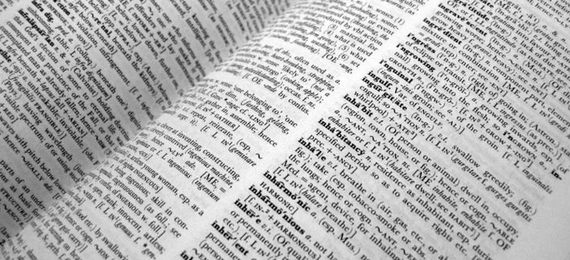
Do you know that old-timey words would be removed from the dictionary and do not get added to the next edition? In this article, we will discuss how are words removed from the dictionary and some of the recently deleted words.
How Do Words Get Removed from a Dictionary?
English is a language that evolves and changes constantly. Every year, thousands of words are getting added to the dictionary as it is an enlarging volume. Some words come from pop culture which gives rise to slang words. Definitions of the word might also change and shift, hence common words gain new meanings and nuances. Similarly, some words also become obsolete resulting in those words taken out of the dictionary.
The Single Most Comprehensive Record of the English Language Is the Second Edition of the Oxford English Dictionary.
- A. True
- B. False
Each year around 1,000 words are getting added to the dictionary. Some of the new dictionary additions include self-isolate & forehead thermometer and abbreviations include WFH & PPE. But the process of removing words does not happen as frequently as adding words. Only very few words are removed from the dictionary. The words that are taken out are categorized and labeled as “obsolete” and “old-fashioned” according to the Collins English dictionary. And “Now hist” and “Obs” are some of the labels used by “Oxford English Dictionary”.
how to remove words from the dictionary? The Oxford English Dictionary covers the English language for more than 1,000 years and it’s considered definitive and authoritative. But there are also many other dictionaries that are considered reliable and have their own process of addition and removal of words. The American Heritage Dictionary is one such trustworthy dictionary that uses the year 1755 as the cut-off year. This is to identify words that are obsolete and archaic. Any word that is defined archaic has “sporadic” print evidence of its use after the year 1755. Any word that is considered obsolete is one with “little or no” evidence of its use after 1755 and these types of words are cut-off and do not be added to the subsequent print editions of the dictionary.
Some of the words you may not find in the next print edition of the dictionary include, Embrabgle, Fubsy, Skir, and Frutescent.
Who Decides the Words to Delete?
Lexicographers(dictionary editors) are the ones responsible for deciding which words are deleted and which are added. They make sure to keep up-to-date on the words that are in circulation across various mediums. If a word is marked for deletion, it might still remain in online dictionaries even after they are removed from print editions.
What Are Some Recently Deleted Words?
Vitamin G, snollygoster, hodad, and sternforemost are some of the words that Merriam-Webster Collegiate Dictionary added to their chopping block. This means these words will no longer be used.
Some words that can no longer be used and their meanings:
- Jargogle- This word is from the 1960s and it means to jumble or confuse.
- Apricity- This word dates back to 1620s and it means the warmness of the sun in winter.
- Gorgonize- This means to have a mesmerizing effect on someone and this comes from the 18th century.
- Curglaff- It is a Scottish word from the 1800s and it indicates the sudden shock when one plunges into the cold water.
- Houppelande- It means the outer garment and it was used in Europe in the medieval period.
- Elflock- A tangled lock of hair. Supposedly tangled by Elves.
- Grumpish- This word from the 1720s means sullen or grumpy.
- Pismire- It simply means mall insects like ants.
- Twattle- This means to gossip.
- Snowbrowth- This refers to freshly melted snow.
The single most comprehensive record of the English language is the Second Edition of the Oxford English Dictionary. However, the other common editions of all dictionaries remove obsolete and sometimes, even words that do not fit anymore. Addition and removal of words reflect additional social changes as the foundation of the dictionary depends on the perspective of those who have written it. Therefore, the dictionary is not neutral. In 2019, 30,000 signatures were signed to remove sexist words from the dictionaries.